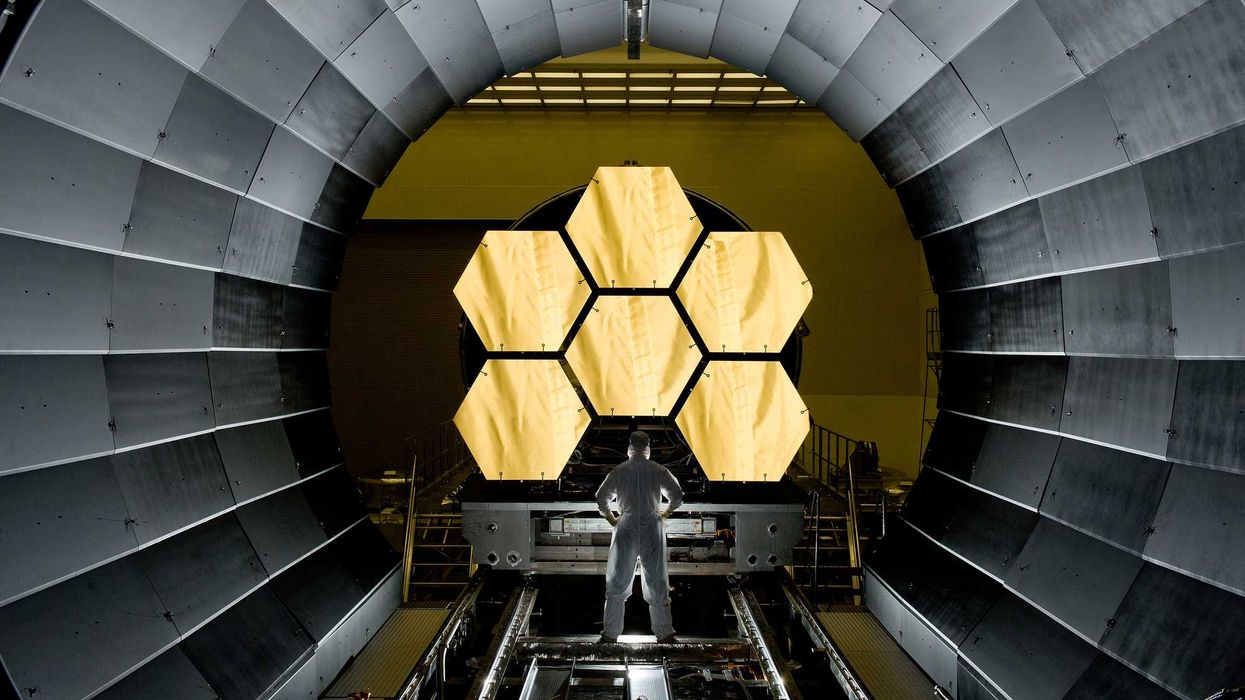A new report from the Rhodium Group shows that the U.S. made a small amount of progress in the fight against climate change in 2019.
In a report called "Preliminary US Emissions Estimates for 2019" the independent research provider found that the U.S. greenhouse gas emissions fell by 2.1% in 2019 based on preliminary energy and economic data.
The news is positive being that estimates show there was a rise in greenhouse gasses of 3.4% in 2018.
The decline in greenhouse gas emissions was almost entirely due to a steep drop in coal-fired power generation. It fell by a record 18% year-on-year to its lowest level since 1975. A rise in power generation by renewables helped decrease overall power sector emissions by 10%.
Over the past 10 years, the U.S. has cut coal consumption in half.
Coal is America's leading source of the carbon emissions that warm the planet.
This is all great news for power generation but, unfortunately, other sectors such as buildings, industry, and transportation weren't as successful at reducing their output of greenhouse gasses.
RELATED: We're finally starting to take climate change seriously, survey finds
While a 2.1% drop shows that the U.S. is making some progress in reducing it's carbon footprint, it's still coming up short on two of its stated climate goals.
In the Copenhagen Accord the U.S, pledged to reduce its greenhouse gas emissions "in the range" of 17% below 2005 levels by 2020 and, so far, it's only at 12.3%. To meet the Paris Agreement target of a 26-28% reduction by 2025 requires a 2.8-3.2% average annual reduction in emissions over the next six years.
GOP VP nominee @Mike_Pence says "Donald Trump digs coal."
The Trump campaign has signs that say just that. pic.twitter.com/PeXzgv4hzA
— Chad Livengood (@ChadLivengood) July 21, 2016
The good news on coal emissions comes at a time when President Trump is doing all he can to prop-up the dying industry.
One of his biggest moves was to replace the Obama-era Clean Power Plan with the new Affordable Clean Energy Rule. This gives states more flexibility to keep coal-fired power plants open.
RELATED: 'How do we save this f--king planet?' A 7-point response is giving people hope and some clear answers.
However, the coal industry can't fight the basic fact that it's much more expensive to produce coal-fired power than through other means. A 2018 analysis found that the cost of coal power is between $60 and $143 per megawatt-hour, while natural gas costs $41 to $74, and wind just $29 to $56.
"Trump can't revive coal. The transition is already happening," Bruce Nilles, senior director of the Sierra Club's Beyond Coal campaign, told Politico. "What Trump can do is allow more pollution and death during the transition."















 A hand reaches for some money on the groundCanva
A hand reaches for some money on the groundCanva

 A lemon shaped planet the size of Jupiter.Credit:
A lemon shaped planet the size of Jupiter.Credit:  Image from a Pulsar star releasing gamma rays.NASA/CXC/SAO/
Image from a Pulsar star releasing gamma rays.NASA/CXC/SAO/  James Webb Space Telescope primary mirror.NASA/MSFC/David Higginbotham/
James Webb Space Telescope primary mirror.NASA/MSFC/David Higginbotham/ 
 A double-decker bus and an English phone boothCanva
A double-decker bus and an English phone boothCanva

 Woman celebrating with hashtag #winning via
Woman celebrating with hashtag #winning via 

 Images from Mars from NASA's Perseverance Mars rover.NASA/JPL-Caltech/
Images from Mars from NASA's Perseverance Mars rover.NASA/JPL-Caltech/  Eye surgery.Photo credit:
Eye surgery.Photo credit: